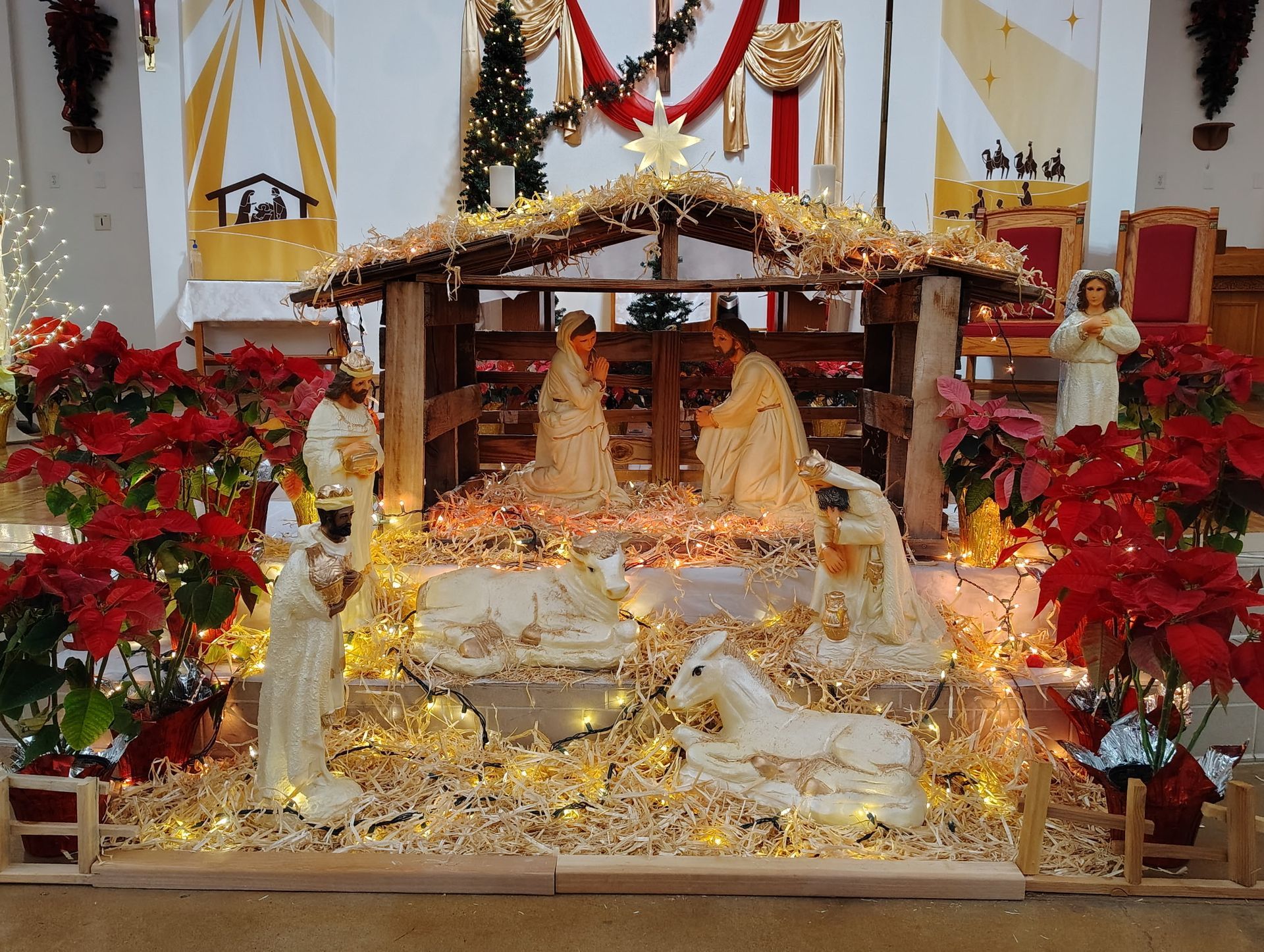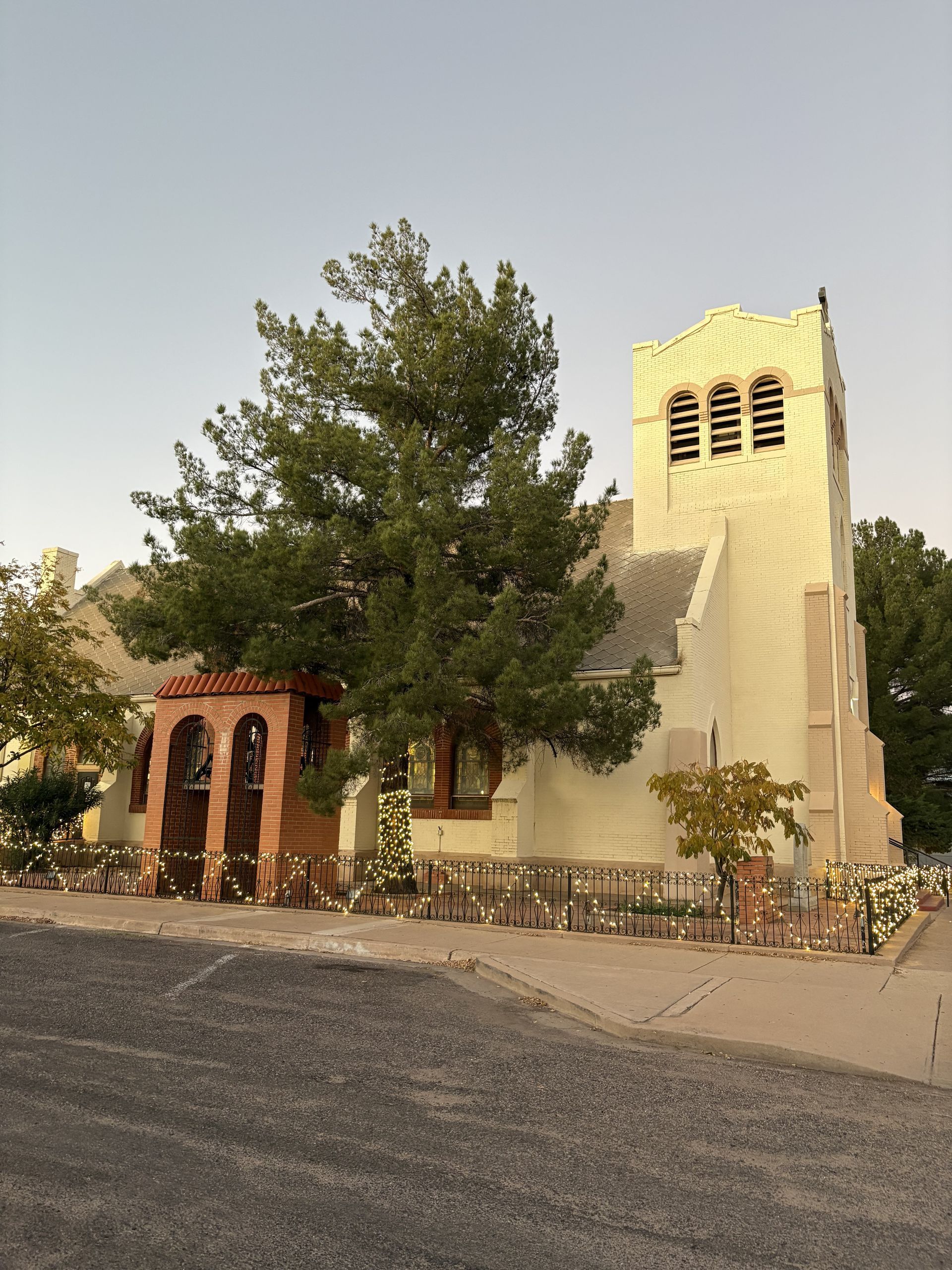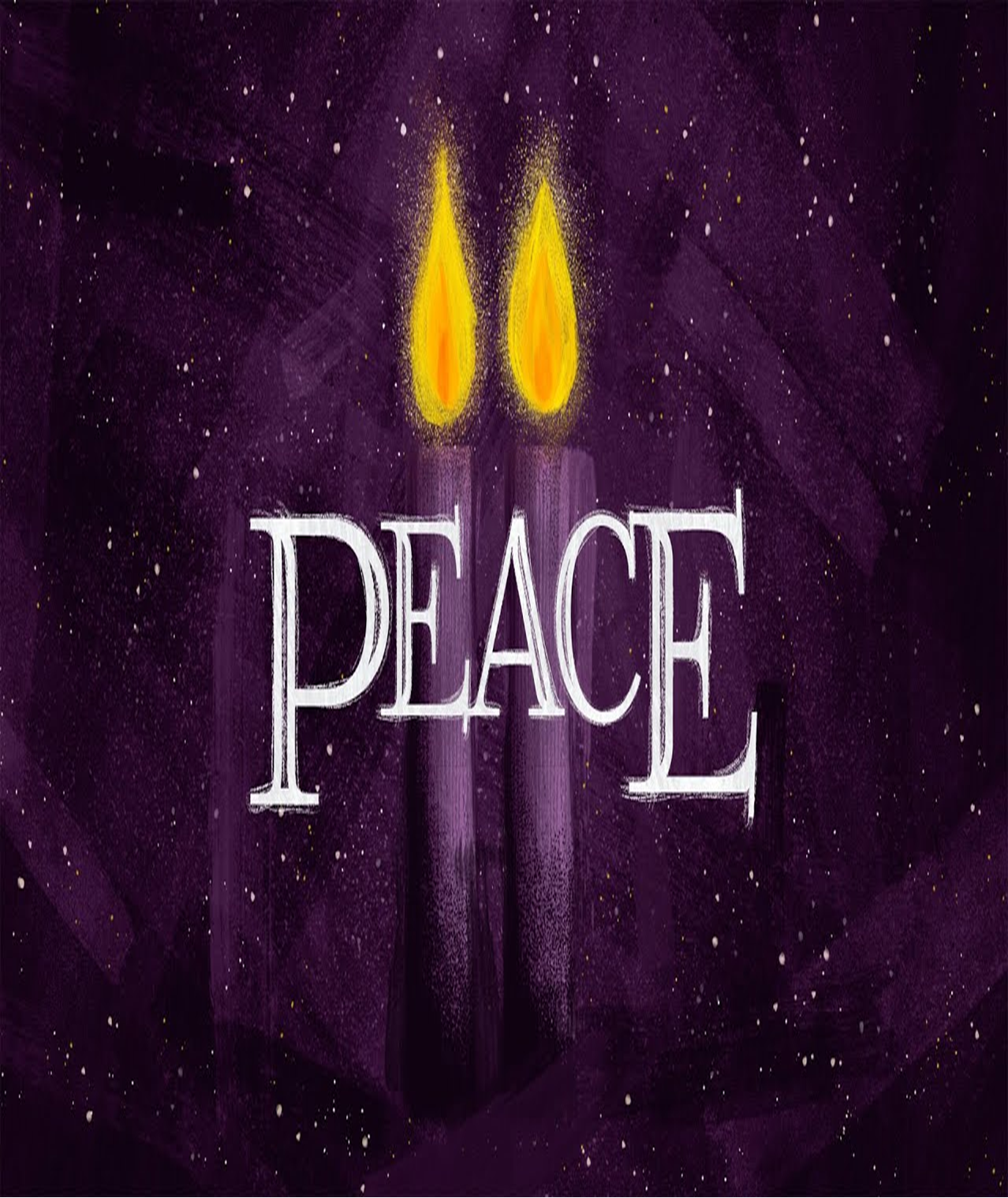The unnamed rich man dressed luxuriously in Phoenician purple, dined sumptuously and feasted daily, ignored the poor man Lazarus lying outside his gate covered with sores waiting for scraps of food because he was convinced that God had everything to do with it. He was taught early on that poverty and misery is the result of your own wrongdoing. He was made to believe, he had nothing to do with his impoverished and destitute neighbor. He cared about no one in this world but himself and made no excuses. Because he thought he had no social and religious responsibility at all towards anyone except him, he treated him less than a human being, a grave act of inhumanity towards man, in general. This godless mentality allowed the so-called blessed and prosperous man to enjoy his riches even to the point of walking and rolling past the poor guy at his doorsteps. For him, the best life is a carefree life (live well and eat well). Love of neighbor (sharing meals with Lazarus) is out of the equation, not even an option. For him, poverty is your own fault, destiny and God’s design, too. If you’re poor, God must have punished you. Bad choices have direct and corresponding consequences which the rich man believed was exactly what led Lazarus to that dismal state. Trapped by the misfortunes of life, he is left on his own. He ended up at the gate perhaps because others brought him there presumably as the best place to get help and seek relief. What took us to the human chasm (the social divide between us and them in the spectrum of life? Life experience...
T his is an awful story to say the least. We’re tied up. We’re caught in the middle. It prompts us to ask whether rich people go to hell while the poor head to heaven. We find ourselves between a rock and a hard place. We’re somewhere between the rich man’s table and Lazarus at the gate. Whose character do you represent? Who do you identify yourself the most? The Rich Man? Lazarus? A little bit of both? Who are the Lazarus in our parish? In the greater community of Douglas? Who are the sick and hungry, the vulnerable, the powerless, those lying and begging at our doorsteps?
This scenario makes us all feel bad and guilty. It puts us in an awkward situation possibly due to missed opportunities and guilty pleasures and what and how we think life should be lived. For those of us who started from the bottom and climbed the ladder of success, we boldly claim that what we have is the result of hard work. We’ve been taught to love ourselves as the sole arbiter of our lives. We learned what it meant to be faithful and responsible citizens and gave charitably out of our resources (however meager). And now comes this terrible and painful story. T he central message, though, is to show us a preview of the eternity, a glimpse of our destiny, and to tell us a truth that will change the world for the better.
The rich man of royal figure and distinction draped in robes and indulged in the finest and costly clothing, celebrated life not on occasions but daily, had obviously everything money can buy. He possessed extensive wealth and was heavily absorbed by worldly gains. He had everything in his capacity to extend help to Lazarus, sitting at his gate desiring just crumbs (not ribeye), but preferred not to. While half of the world worry about food on the table next day, for him, it’s just another day.
W hat Jesus was furious about was the wrong interpretation of the scriptures: that poverty doesn’t mean God’s punishment and a godless mentality and materialistic lifestyle whose goal is nothing but the comfort and enjoyment of life and the pleasures of the world by every sense of the word. In a similar fashion, prophet Amos denounced the complacent "lying on ivory beds, feasting on lambs from the flock in self-indulgent luxury" while totally unaffected by the news that over a billion people across the globe survive less than a dollar a day.
J ust so you know, a great chasm exists between the prosperous and the deprived, the righteous and the wicked. The gap is too wide and complex that it’s impossible to bridge this fixed and absolute chasm. There’s no way you can cross and get to the other side.
T he deceased continue to communicate with us. They bring all sorts of messages. Their last words still reverberate in our hearts. The after- life is real. Both died almost at the same time. Following this scenario, the so-called eschatological reversal of fortune typical of Luke’s gospel unfolds. Immediately, human indifference was met with divine graciousness. Lazarus “God helps” a name that perfectly depicts his circumstances: no refuge except God, was carried away by angels to the bosom of Abraham. He ended up at Abraham’s side, basking in the beatific vision, seated comfortably beside him, the calm and the reward after the storms of his life. The rich man on the other hand suffers in torment in the netherworld.
The parable is addressed to us religious people who tend to blame the poor for being poor and to the rich man’s modern-day brothers referring of course to a lifestyle devoid of God. Our imagined life together is an urgent call to respond to the lowly Lazarus in our midst. This constant invitation which starts from hearing the gospel takes us into the eternal bliss, in the company of Abraham, in fellowship with the saints and Lazarus. The rich man is not to be blamed after all because I bet you, he didn’t get the chance to hear the gospel. Let’s point our fingers instead to the ones tasked to bring us to the heavenly banquet. This familiar and yet complicated episode of the fate of the insensitive rich man and Lazarus is an ongoing- developing story in the drama of our redemption. Amen.



